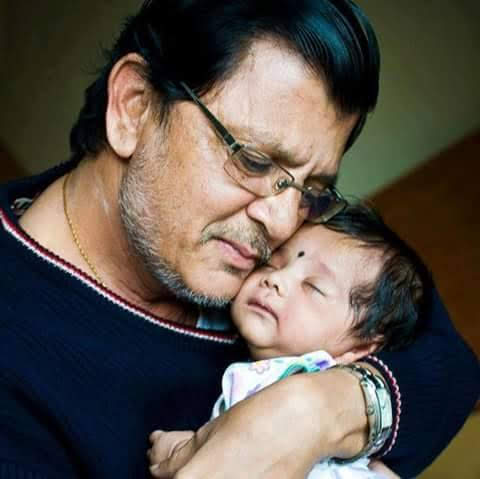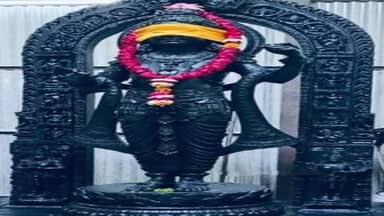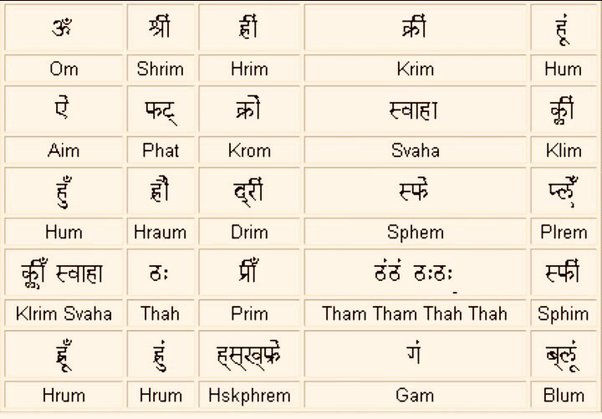I had published articles on the signs of death,process of death and ceremonies conducted by Hindus for deceased . I had quoted from Brahmanda Puran and Kalki Puran and how these are being validated by modern Science.
Ears will become useless.
Then there will be abnormal sweating, not to be confused with sweating and palpitation associated with heart attack.
Virtually no appetite.
Motion will be scant, if any.
Difficulty in recognizing people, place.
Disorientation of Space.
One may notice the person to whom death is approaching they would stare at space.
In many an instance, they would also tell you they are seeing people, especially the dead.
They would be able to remember their childhood memories child hood friends, friends,but not children, wife.
Then eyesight will go.
Breathing will be deep but will deteriorate into short gasps.
There will be a whistling sound when breathing takes place. The Signs of Death.
In many cultures it is the belief that one sees his entire life flash before his eyes few seconds before his death.Now Neuroscience seems to have stumbled upon evidence that seems to validate this belief. In Hinduism, death is not considered as the end,but the beginning of another Life.Birth is considered to be the one that binds.The Subtle Body leaves at the time of death with the impressions of the present Life to another. I had explained this concept in my articles about Subtle body , How food offered to the Dead reaches them .Soul Immortal Body Dies Why Sraddha Pinda?
Our Brain at the Time of Death Study
Neuroscientists have recorded the activity of a dying human brain and discovered rhythmic brain wave patterns around the time of death that are similar to those occurring during dreaming, memory recall, and meditation. Now, a study published to Frontiers brings new insight into a possible organizational role of the brain during death and suggests an explanation for vivid life recall in near-death experiences.….a new study published to Frontiers in Aging Neuroscience suggests that your brain may remain active and coordinated during and even after the transition to death, and be programmed to orchestrate the whole ordeal.
When an 87-year-old patient developed epilepsy, Dr Raul Vicente of the University of Tartu, Estonia and colleagues used continuous electroencephalography (EEG) to detect the seizures and treat the patient. During these recordings, the patient had a heart attack and passed away. This unexpected event allowed the scientists to record the activity of a dying human brain for the first time ever.
We measured 900 seconds of brain activity around the time of death and set a specific focus to investigate what happened in the 30 seconds before and after the heart stopped beating,” said Dr Ajmal Zemmar, a neurosurgeon at the University of Louisville, US, who organized the study.
“Just before and after the heart stopped working, we saw changes in a specific band of neural oscillations, so-called gamma oscillations, but also in others such as delta, theta, alpha, and beta oscillations.”
Brain oscillations (more commonly known as ‘brain waves’) are patterns of rhythmic brain activity normally present in living human brains. The different types of oscillations, including gamma, are involved in high-cognitive functions, such as concentrating, dreaming, meditation, memory retrieval, information processing, and conscious perception, just like those associated with memory flashbacks.
“Through generating oscillations involved in memory retrieval, the brain may be playing a last recall of important life events just before we die, similar to the ones reported in near-death experiences,” Zemmar speculated. “These findings challenge our understanding of when exactly life ends and generate important subsequent questions, such as those related to the timing of organ donation.”
https://www.frontiersin.org/articles/10.3389/fnagi.2022.813531/full?utm_source=fweb&utm_medium=nblog&utm_campaign=ba-sci-fnagi-what-happens-in-the-brain-when-we-die Download original article here pdf. https://www.frontiersin.org/articles/10.3389/fnagi.2022.813531/pdf?utm_source=fweb&utm_medium=nblog&utm_campaign=ba-sci-fnagi-what-happens-in-the-brain-when-we-die





Leave a comment